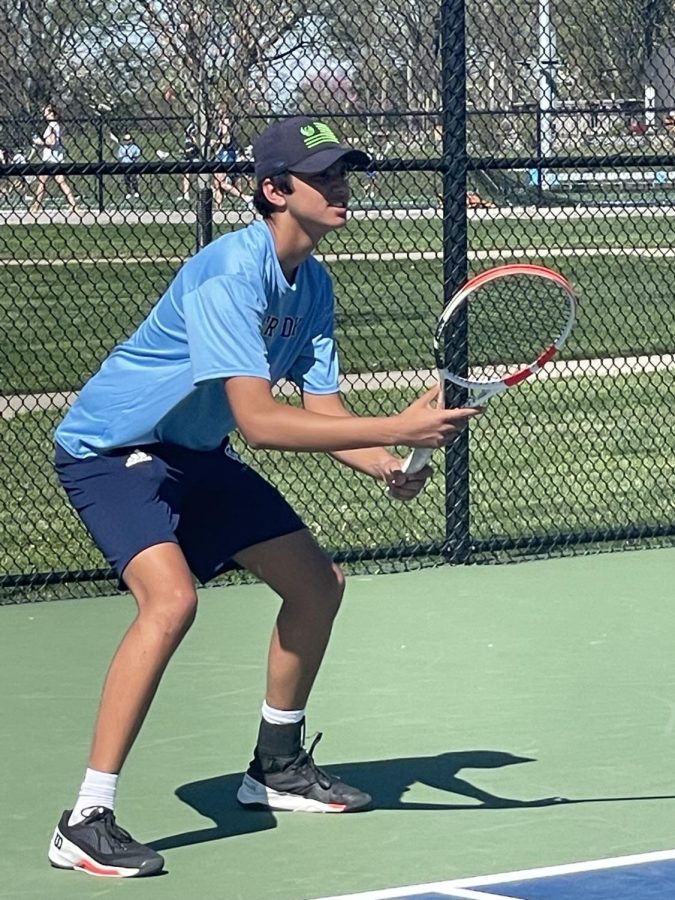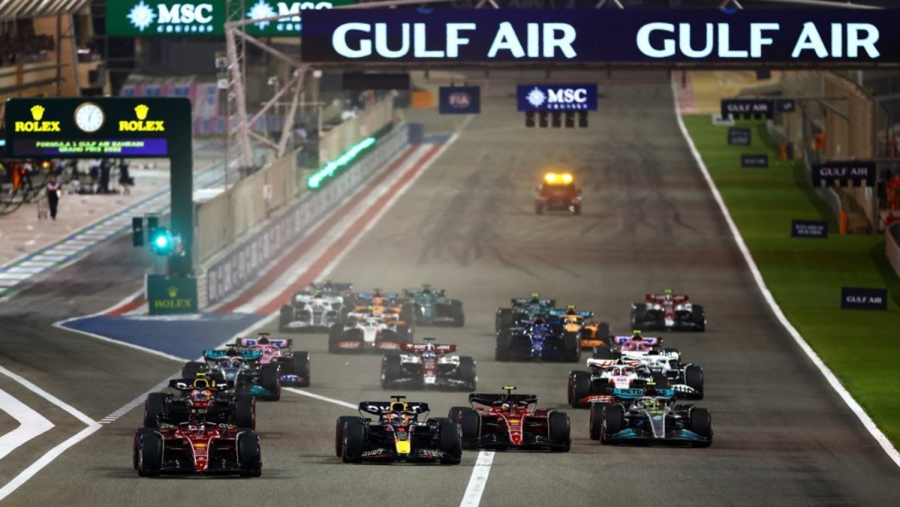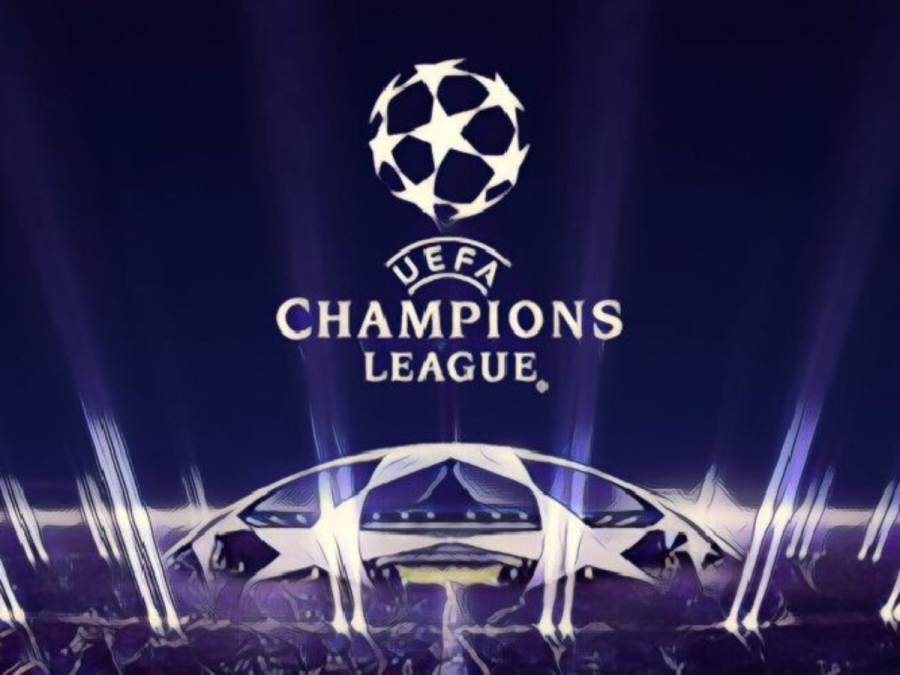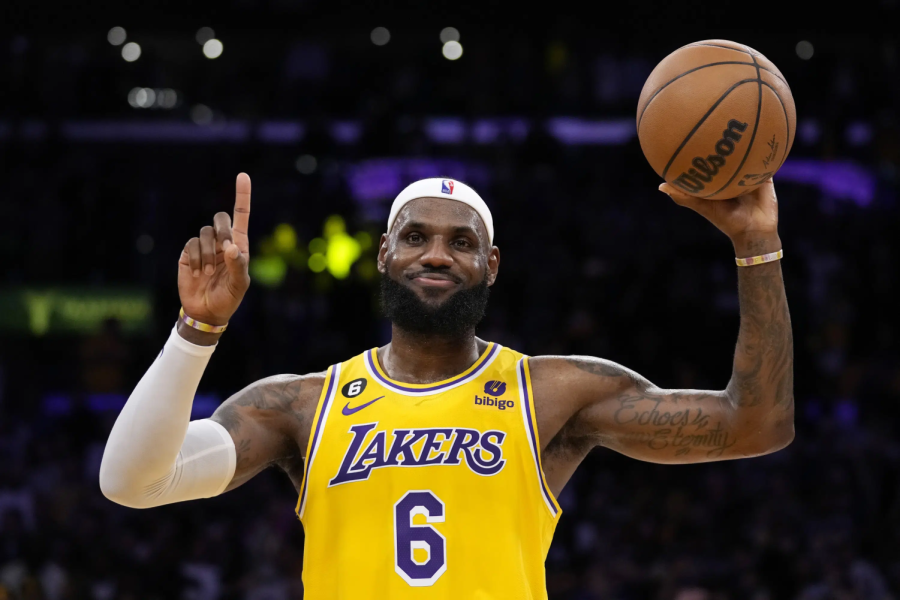By Edwin Sam ’13, Contributor
Picture this scene: You’re sitting in the stands cheering and yelling in support of your football team near the end of the fourth quarter. Your star player is having a career game, but the game is still close. If the scoreboard stays the way that it is now, your team will lose. A hero needs to step up to change the game in your favor. Suddenly, when the tide seems to be turning, and your team is beginning to start a drive to win the game, your star player gets injured. While all of the heads in the crowd are turned to the star player, you forget who matters most in this situation.
All eyes are watching the star player, when they could be watching the medical staff. The medical staff is as important as any player or coach. They are forced to make a decision which could easily determine the outcome of the game. The medical staff is often ignored because we don’t understand how important their job is. Trainer Todd Harrison and Dr. Ron Hess (pictured) make up the CCDS medical team. They are constantly on the sidelines of the CCDS football games because they know the significance of a good medical team. When asked how important having a medical team at the game is, Dr Hess replied, “It is very important. There have been cases where we have saved kids’ lives.”
Harrison has been dealing with prevention, immediate care, and rehabilitation of injuries at CCDS for 20 years. Though one mainly sees Mr. Harrison at the football games, he also attends soccer, wrestling, gymnastics, and basketball events, where according to him, the most injuries occur. Dr. Hess isn’t new to CCDS either, but he is new to the school’s medical squad. His children have gone to CCDS for eight years, but this is his first year as a part of the medical team. As of now, he has only been asked to do the football games, but he said that he is willing to step up wherever he is needed. He is the team physician for CCDS, and has been the team orthopedic surgeon for the Miami University Medicine Program for 12 years. “Making the right medical decision is easy after you have done it for 12 years,” said Hess. Harrison feels that making the decision, “is not tough, but it depends on the injury and the student.”
Harrison and Dr. Hess have dealt with injuries as small as little ankle knocks and as big as torn ACLs, MCLs, and liver lacerations. “There are tricky injuries, but it is usually easy to decide if a player should play or not because you can do sideline tests,” said Harrison. “The judgment of the coaches helps.” Everyone knows that sports injuries aren’t always easy to treat on-the-spot, so the discretion of the medical team is crucial. Dr. Hess believes,“You must go with your gut instinct, the right decision is never clear cut.” Harrison also realizes how much the medical staff can determine a game, mentioning that, “It is pretty important to decide the amount of time that the player misses. Next time that you see a sports injury in a crucial realize that the true heroes may not be the hard-working players on the field, but the equally hard-working medical staff on the sidelines.”
Photo courtesy of http://www.muredhawks.com/school-bio/mioh-sports-medicine.html






